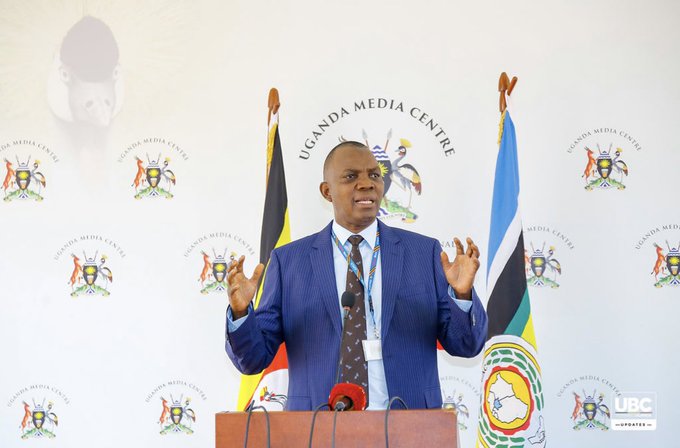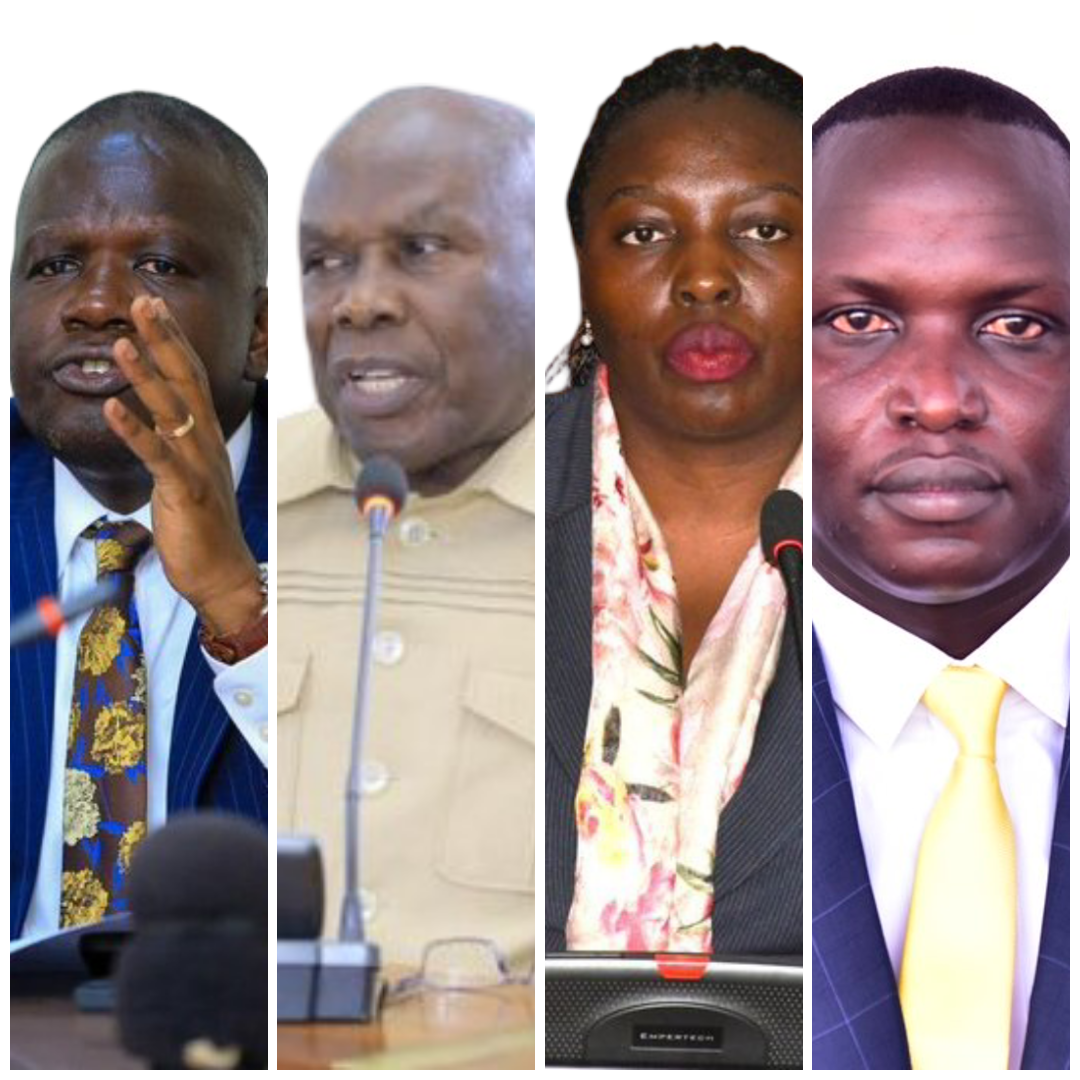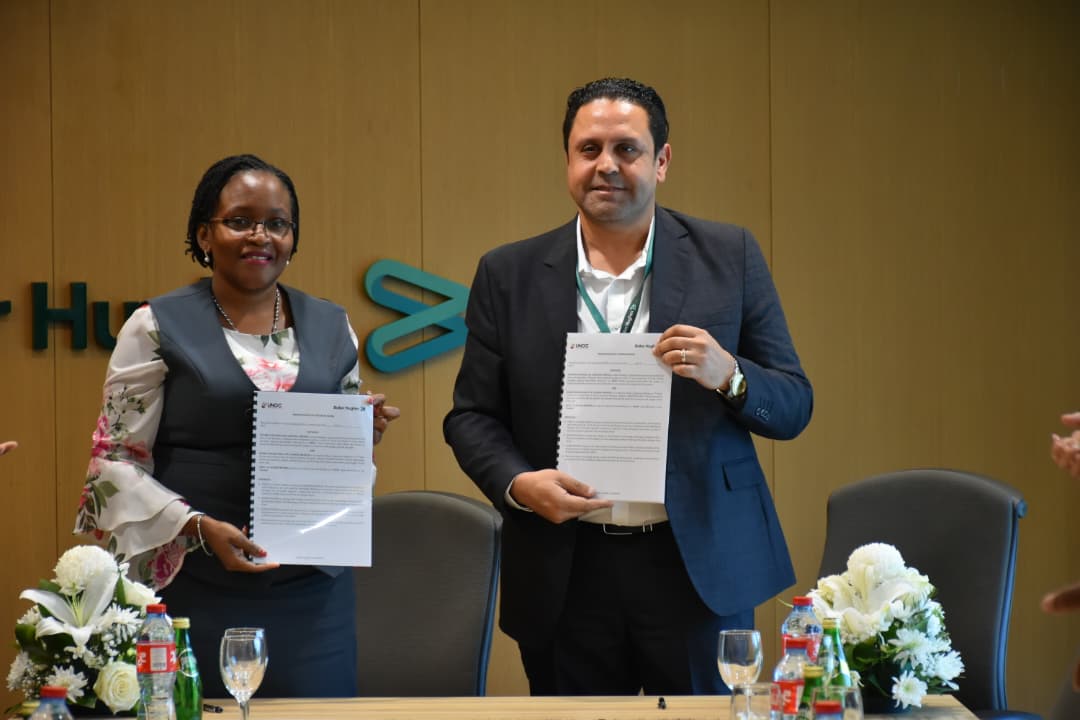Finance ministry issues call for proposals from stakeholders to inform a transparent and inclusive tax policy reforms formulation process
This proactive engagement is crucial as the government strives to achieve its vision of expanding Uganda's economy from US$50 billion in FY 2020/21 to US$500 billion by 2040 through the National Development Plan IV (NDP IV) and the transformative Agenda for Transformation and Modernization of the Economy (ATMS) strategy.

The Ministry of Finance, Planning and Economic Development (MoFPED) is reaffirming its dedication to a transparent, inclusive, and stakeholder-driven approach to the formulation and review of tax policies, a cornerstone of Uganda’s ambitious 10-fold Growth Strategy.
This commitment was underscored by Director of Economic Affairs, Moses Kaggwa, during a recent press briefing.
Kaggwa emphasized that the Ministry is actively seeking input for the upcoming Financial Year (FY) 2026/27 tax proposals, inviting all stakeholders, including the public and the media, to actively participate in the tax policy-making process.
This proactive engagement is crucial as the government strives to achieve its vision of expanding Uganda’s economy from US$50 billion in FY 2020/21 to US$500 billion by 2040 through the National Development Plan IV (NDP IV) and the transformative Agenda for Transformation and Modernization of the Economy (ATMS) strategy.
“We look forward to receiving proposals and feedback from the public and all stakeholders which shall inform the formulations of policy reforms in the context of the process for preparing the national budget for FY 2026/27,” stated Director Kaggwa.
He highlighted that the Ministry is committed to ensuring that all stakeholders are adequately consulted to enable their effective participation in the processes that lead to the formulation and review of tax policy for each financial year.
The Uganda Revenue Authority (URA) is responsible for the administration of tax laws, while the MoFPED undertakes continuous monitoring and evaluation of tax policies’ impact and effectiveness.
This ensures that any shortcomings are identified and that policy adjustments and reforms are proposed to improve the tax system.
Kaggwa reiterated the government’s commitment to strengthening public engagement in tax reform discussions, enhancing transparency in decision-making, and most importantly, ensuring that Uganda’s tax system actively promotes economic growth, job creation, and social equity – key enablers for the nation’s development.
These enablers also include maintaining peace, security, and the rule of law; human capital development; full monetization of the economy; infrastructure development; regional integration; irrigation; eliminating corruption; and environmental conservation and protection.
He further noted that significant steps have been taken to streamline the tax policy-making process, leading to a fairer and more predictable tax system. This continuous improvement has already yielded positive results, with Uganda’s revenue effort increasing to 14.27 percent of GDP in FY 2024/25, up from 13.71 percent in the previous year.
The Director also appealed to the media fraternity to take a keen interest in understanding the various dimensions of taxation and to play a vital role in demystifying tax policy. “The way you communicate tax issues can influence how taxpayers comply, builds confidence in the tax system, and even investment decisions. Let us work together to inform the public accurately and constructively on tax matters,” he urged.
By fostering an open dialogue and ensuring broad participation, the Ministry of Finance aims to build a robust and equitable tax system that is instrumental in achieving Uganda’s ambitious economic transformation goals.







